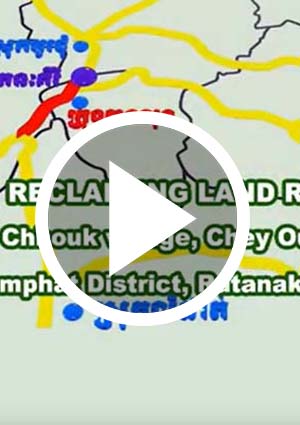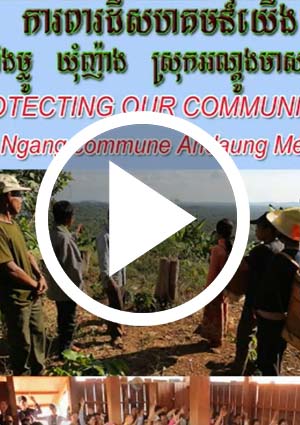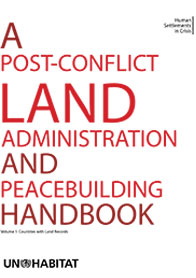Fragile states: What can we learn from the country studies?
Afghanistan, Sierra Leone and Somalia: these three countries stand for different histories of a fragile state.The author of this article analyses different case studies to determine the various causes, such as the role of ethnic identities, claims to power by clans and other sub-state groups, or the lack of societal representation within the governments. For the author, the greatest risk to a state is violence, which can quickly spiral out of control in a weak state and lead to chaos.







